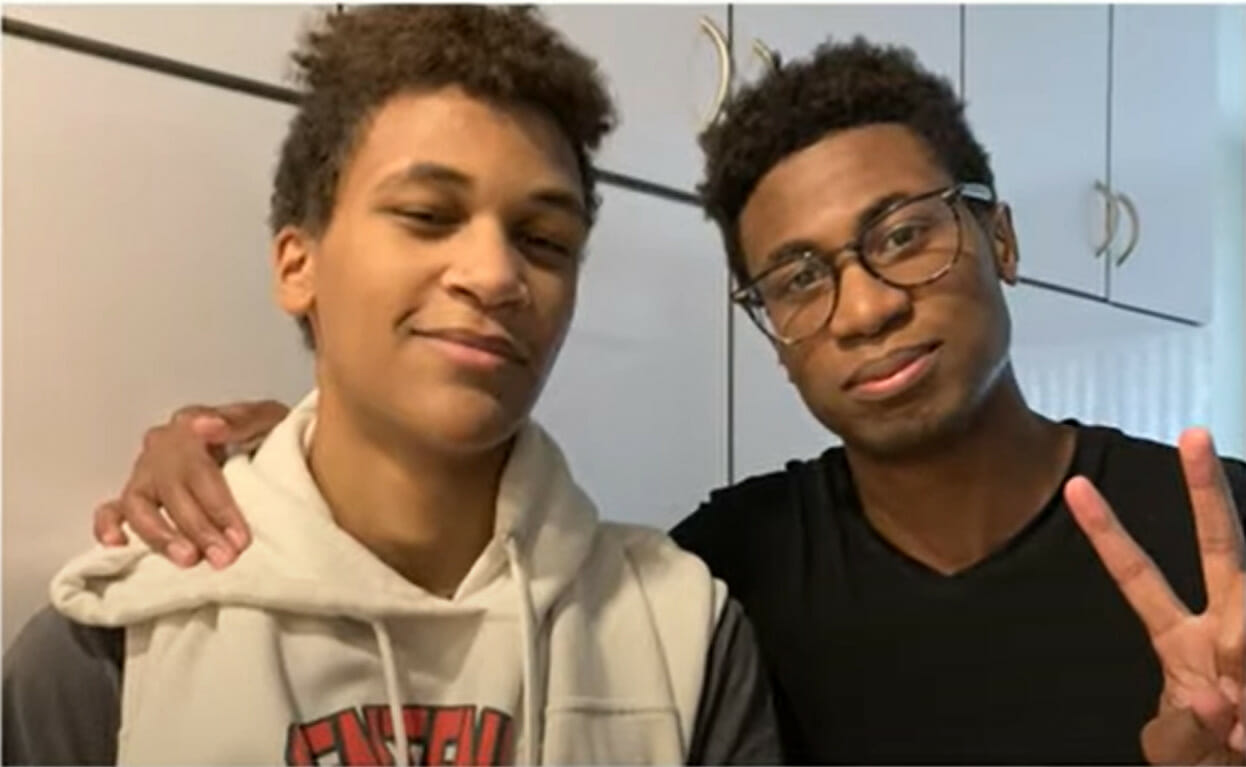What is Directed Donation?
Directed donation is when a donor – or a deceased donor’s family – specifically chooses who will receive the transplant.

Directed donation – or donating to a specific person – is when a family knows a person who is on the National Transplant Waitlist and asks for testing to be done to determine if that person is a match for their loved one’s organ.
A specific individual would need to be named by the donor family for a direct donation to occur – families cannot direct a donation to a group of people. The individuals transplant hospital would also have to be known in order to identify if they are a match.
If the person the family selects to receive the donation is not a match, the family would be asked to donate the gift to another person on the National Transplant Waitlist per allocation policy.
Directed Donation testing would need to be brought up at the time of donation. While there is no requirement to document this, you can include this request on advanced directives.
Another would be to communicate to their loved one. Of course, if it is a kidney and they want to help them now, they could consider living donation.
When a directed donation is not a match and goes to someone else, it indirectly helps those waiting by offering hope in humanity and by helping them increase their chances of receiving a transplant by shortening the list, even by one.
A Directed Donation Story

Giovanni’s decision to register as an organ, eye and tissue donor gave his family something positive to hold onto after his passing. He saved the life of a family friend.
Related Resources:
https://optn.transplant.hrsa.gov/news/optn-information-regarding-deceased-directed-donation/
 Skip to main content
Skip to main content
